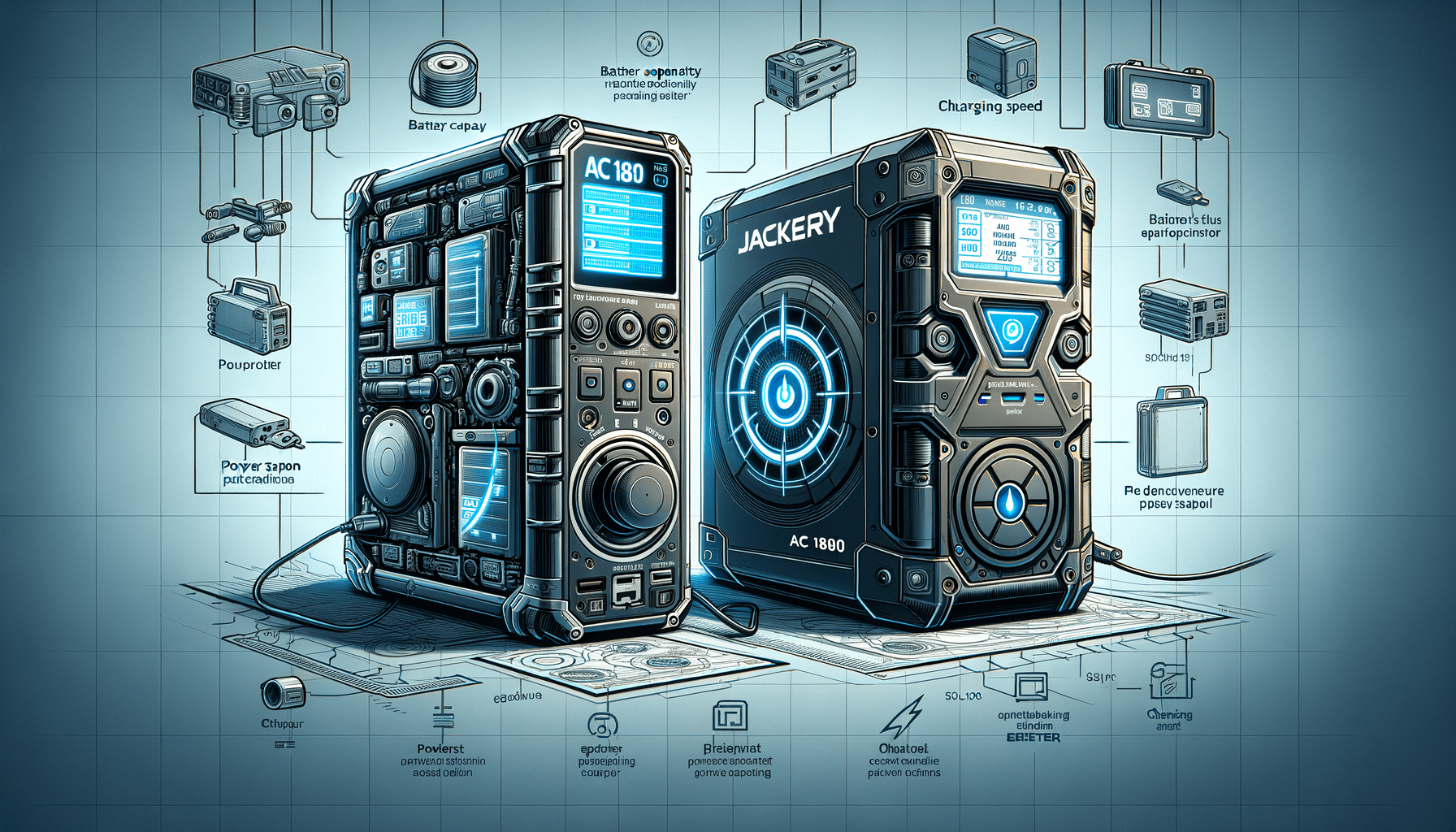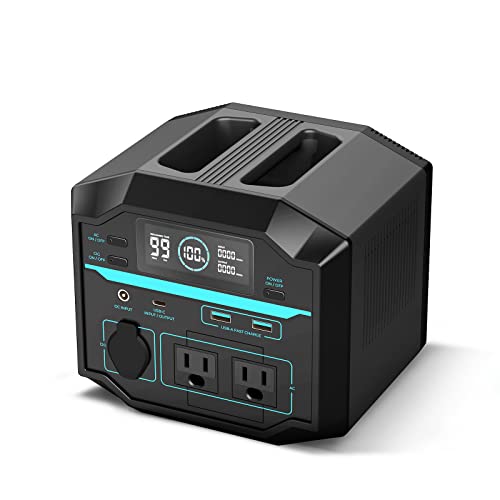When it comes to choosing a portable power station, the plethora of options on the market can be overwhelming. In this detailed technical comparison, we’re pitting two prominent contenders against each other: the robust EcoFlow Delta 2 Max and the sleek Renogy 200. Whether you’re an avid camper, a home backup connoisseur, or someone who values power on the go, this article will guide you through each product’s specifications, helping you make an informed decision.
Overview and Capacity
Kicking off with capacity, the EcoFlow Delta 2 Max starts with a substantial 2016Wh, which is expandable up to an impressive 6kWh when extra batteries are added. This makes it an exceptional choice for those needing prolonged energy supply without constant recharging. On the other hand, the Renogy 200 provides a modest 222Wh, suitable for lighter, more mobile usage scenarios.
Power Output and Charging Options
Power output is another critical facet where these two differ greatly. The Delta 2 Max delivers a heavy-duty AC output with X-Boost mode, capable of powering up to 3400W and meant to run 99% of home appliances. It sports 6 AC outlets for multi-device powering. Renogy 200’s AC Outlet is rated at 200W with a surge capability of 400W, adequate for basic requirements such as charging laptops or phones.
Recharging Speed and Solar Input
EcoFlow Delta 2 Max offers the fastest recharging in its class with AC and solar charging capabilities, promising full recharge in just over 2 hours under ideal conditions. Renogy 200 can recharge to 80% within 1.5 hours through simultaneous AC and USB-C charging.
Design and Portability
Design-wise, EcoFlow Delta 2 Max boasts an award-winning design recognized by Red Dot, and it’s crafted for durability with a high-grade fire-resistant casing. It’s on the heavier side, though, at 50 lbs. In contrast, portability is the forte of the Renogy 200, weighing a mere 5.3 pounds with a compact form, making it an easy travel companion.
Eco-Friendly Aspects and Compatibility
Both power stations support green energy initiatives by providing solar charging capabilities. The Delta 2 Max’s compatibility with EcoFlow solar panels and other brands adds to its appeal for those looking to harness solar power extensively. Meanwhile, the Renogy 200, though compatible with solar panels, doesn’t include them, so additional purchases are required for solar charging.
Safety and Additional Features
EcoFlow Delta 2 Max integrates an advanced BMS for safety, whereas Renogy 200 also features multi intelligent BMS protection against a range of electrical mishaps. Both have an informative display, but Delta 2 Max steps it up with app control and customization options.
Warranty and Customer Support
In terms of post-purchase support, EcoFlow extends a generous 5-year warranty on the Delta 2 Max, suggesting a confident stance on product durability. Conversely, Renogy covers the 200 with a standard one-year warranty.
Conclusion
Ultimately, the decision between EcoFlow Delta 2 Max and Renogy 200 hinges on your specific power needs, portability preferences, and budget. The Delta 2 Max is a powerhouse suitable for nearly any scenario but demands a higher investment, whereas the Renogy 200 is tailored for light-duty tasks and ease of travel.
| Feature | EcoFlow Delta 2 Max | Renogy 200 |
|---|---|---|
| Capacity | 2016Wh expandable to 6144Wh | 222Wh |
| Weight | 50 lbs (23 kg) | 5.3 lbs (2.4 kg) |
| Max AC Output | 3400W with X-Boost | 200W with 400W surge |
| Solar Input | Up to 1000W | Compatible (panel sold separately) |
| Recharging Time | As fast as 2.3 hours | 80% in 1.5 hours |
| Warranty | 5-Year manufacturer’s warranty | 1-Year Warranty |




Leave a Reply